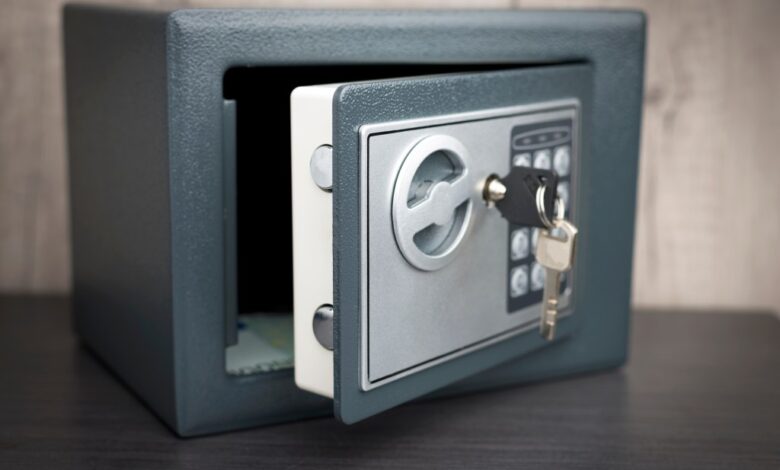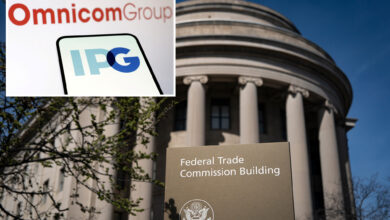Digital detox retreats rise in popularity

In a time when people can’t even go to the bathroom without bringing their phones — surprisingly, the interest around digital detox retreats is rising, and people are willing to pay thousands to go on them.
While on vacation, 27% of adults want to be present and spend less time doom-scrolling, according to a 2025 Hilton Trends Report, which was originally reported on by the BBC.
And 17% of vacationers are taking things a step further by searching for trips that will force them to unplug and possibly ditch their technology altogether, according to global luxury home-rental platform Plum Guide.
“We used to have a tag to show which properties had wi-fi. Now we’re adding a ‘no wi-fi’ tag,” Martin Dunford, the founder and CEO of Cool Places, a UK travel accommodation booking site, told the BBC.
Guests at the Grand Velas Resorts in Mexico can book a stay here and sign up for their digital detox program.
Once travelers arrive at their designated hotel room — they’ll notice that the room is free of any tech. TVs are replaced with board games, and guests’ devices are kept in a safe by the concierge, according to the resort’s site.
This forces guests to partake in complimentary activities such as biking and snorkeling tours. Despite the average rate for a room being a couple of thousand dollars a night — guests are willing to pay the fee for a relaxing, tech-free trip.
And if people aren’t looking to spend so much money to travel outside the country for this kind of retreat, stressed-out travelers can stay at the Urban Cowboy Lodge in the Catskills, which is only a few hours north of NYC.
At this Catskills cabin-style boutique hotel, guests lock their devices in a box for the duration of their stay. Something that might sound terrifying but is ultimately rewarding.
Dunford worked with the University of Greenwich and the University of East Anglia to study people’s patterns and behaviors when they completely disconnect on a trip.
As expected, they found that at first, it’s quite the adjustment for people to not have access to technology while away.

“Guests go stir crazy in the first 24 hours,” Dunford said.
“But after 48 hours, they are well adjusted and start getting into other activities. At the end of a three-day stay – or longer – we find guests may be happy to have their phones back or can be a bit take it or leave it about it.”
“By the end of the three days, I was far from excited to open the lockbox and turn my phone back on – in fact, I was dreading it,” said a writer for The Week in a story about their experience taking part in a digital detox trip.
“I prolonged my vacation from society for as long as I could, but was eventually forced to bite the bullet when I got into the car and remembered I was reliant on Google Maps if I had any hope of getting home,” the writer pointed out.




